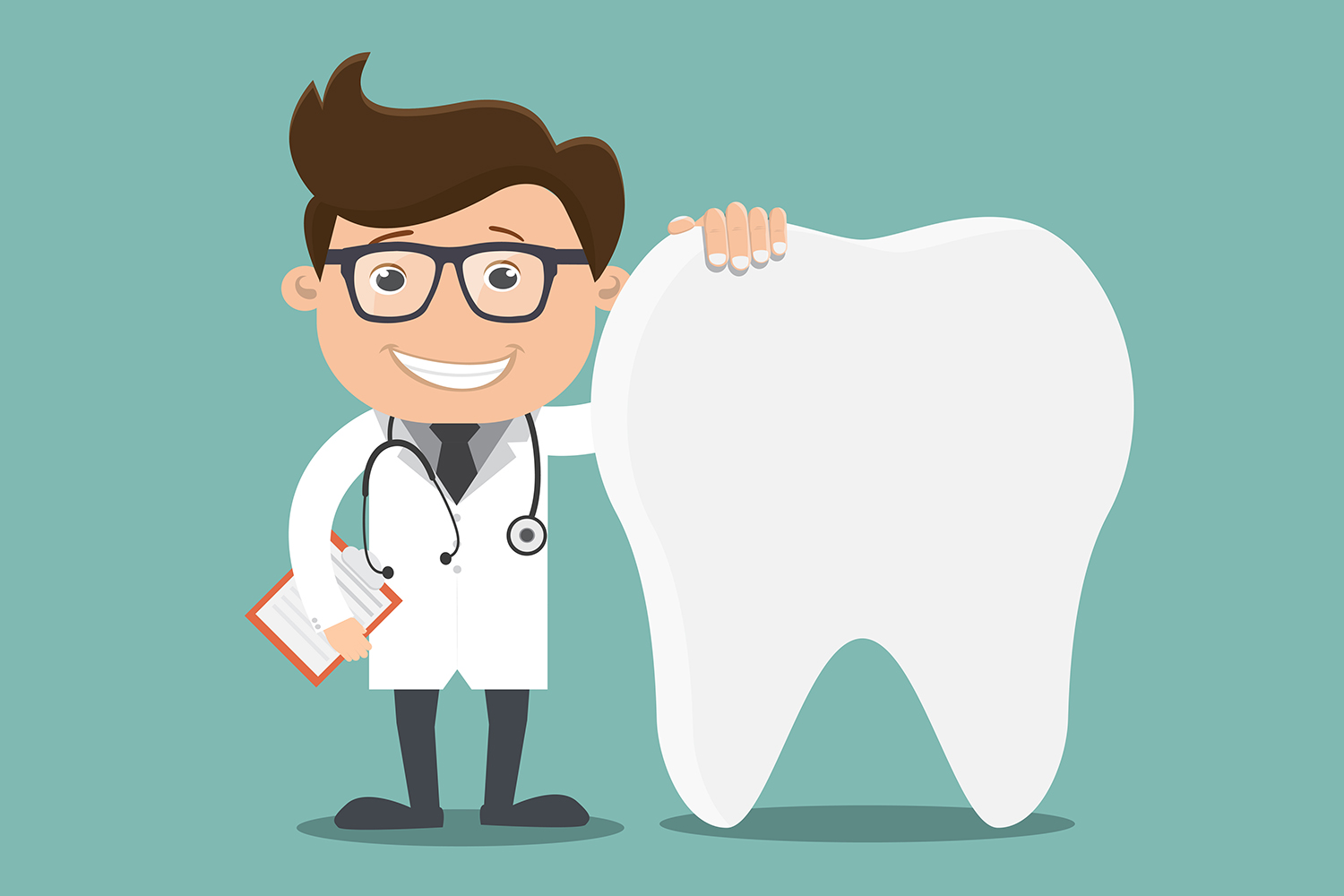Common Questions Concerning Dental Veneers Addressed
Oral veneers have come to be a significantly desired option for those looking to improve their smiles, yet several people stay uncertain regarding numerous aspects of their use. As we explore these common questions, it becomes important to consider not only the advantages yet also the effects of deciding for dental veneers in quest of a more confident look.
What Are Oral Veneers?
Oral veneers are slim, tailor-made coverings crafted from porcelain or composite material that are designed to cover the front surface of teeth. These oral prosthetics serve both visual and useful objectives, providing a remedy for various oral imperfections, consisting of staining, chips, gaps, and misalignment. By adhering to the teeth, veneers can considerably improve the total appearance of a smile, producing a much more uniform and eye-catching look.
Porcelain veneers are specifically favored for their natural translucency and tarnish resistance, making them an optimal selection for people seeking long-lasting results. In contrast, composite resin veneers are normally cheaper and can be applied in a single visit, but they may not supply the same toughness as porcelain choices.
The decision to go with dental veneers often stems from a wish for visual improvement, but patients should also think about elements such as the longevity of the material, upkeep needs, and the possible demand for tooth decrease (Dental Veneers). Eventually, oral veneers represent a reliable and versatile service for achieving a glowing smile, accommodating specific aesthetic requirements while promoting self-confidence and self-confidence
How Are Veneers Applied?
The application process for veneers calls for mindful planning and accuracy to make certain optimum outcomes. The procedure generally starts with a detailed examination, where the dental practitioner evaluates the person's oral health and wellness, reviews desired end results, and figures out the proper kind of veneers, whether porcelain or composite resin.
When the treatment strategy is established, the dentist prepares the teeth by getting rid of a thin layer of enamel, typically about 0.5 mm to 1 mm, to accommodate the veneer. This action is critical as it makes sure a correct fit and prevents the veneers from showing up cumbersome - Porcelain Veneers Washington DC. After prep work, impacts of the teeth are required to create personalized veneers that match the patient's special dental framework and visual preferences
While the long-term veneers are being fabricated in a dental research laboratory, short-lived veneers may be positioned to protect the ready teeth. Once the long-term veneers are all set, the dentist will thoroughly bond them to the teeth using a solid oral adhesive.
What Are the Advantages?

Moreover, veneers are understood for their durability and resistance to staining compared to all-natural teeth. Made from top notch products such as porcelain or composite material, they can maintain their look for many years with appropriate care. This durability makes them a practical financial investment in one's oral look.
Along with visual improvements, veneers from this source can additionally contribute to improved oral wellness. By covering harmed or compromised teeth, they can give added assistance and protection, assisting to stop further decay or degeneration. This protective facet can minimize the need for much more substantial oral procedures in the future.

How Much Time Do They Last?
With proper treatment and upkeep, dental veneers can last anywhere from 10 to 15 years, making them a resilient option for enhancing one's smile. The longevity of veneers mainly relies on the material made use of, the top quality of the first placement, and the patient's adherence to oral health techniques.
Porcelain veneers are understood for their sturdiness and resistance to discoloration, typically lasting closer to the 15-year mark when Check This Out taken care of suitably. Compound veneers, while much more budget-friendly, might need substitute earlier, frequently within 5 to one decade because of their vulnerability to use and staining.

In addition, wearing a mouthguard during sporting activities or nighttime can provide extra defense. Inevitably, while veneers offer a considerable aesthetic improvement, their durability is substantially affected by the commitment to correct oral care and routine examinations with a dental expert.
Exist Any Kind Of Risks?
Thinking about the transformative impacts of oral veneers, it is very important to recognize the possible dangers related to their application. While veneers can improve the appearance of teeth, the procedure entails the removal of a thin layer of enamel, which can enhance tooth sensitivity and vulnerability to decay.
One considerable danger is the opportunity of improper positioning or suitable, bring about pain, bite imbalance, and even damages to the underlying tooth structure. Furthermore, if the veneers are not maintained correctly, they can end up being stained or cracked in time, demanding replacement.
Patients may likewise experience allergies to the materials used in the veneers, especially if they have level of sensitivities to particular oral composites. Additionally, while veneers are durable, they are not indestructible; too much pressure from grinding or clenching can bring about fractures.
It is necessary for individuals to speak with a certified oral professional to examine their individual threats and to follow aftercare instructions faithfully. By comprehending these risks, individuals can make enlightened decisions concerning their dental veneer treatment and make sure the longevity and success of their improvements.
Final Thought
In recap, dental veneers represent a beneficial cosmetic service for improving smiles, with considerations regarding their More hints application, benefits, long life, and linked risks. Eventually, educated decision-making relating to dental veneers can lead to adequate visual results and boosted dental health.
Dental veneers are thin, personalized shells crafted from porcelain or composite resin that are developed to cover the front surface of teeth. After preparation, perceptions of the teeth are taken to develop custom veneers that match the person's unique dental framework and visual choices.
While the permanent veneers are being fabricated in a dental laboratory, temporary veneers may be placed to safeguard the prepared teeth. Once the permanent veneers are prepared, the dentist will carefully bond them to the teeth using a solid dental adhesive. Eventually, educated decision-making pertaining to dental veneers can lead to acceptable aesthetic results and improved dental health.